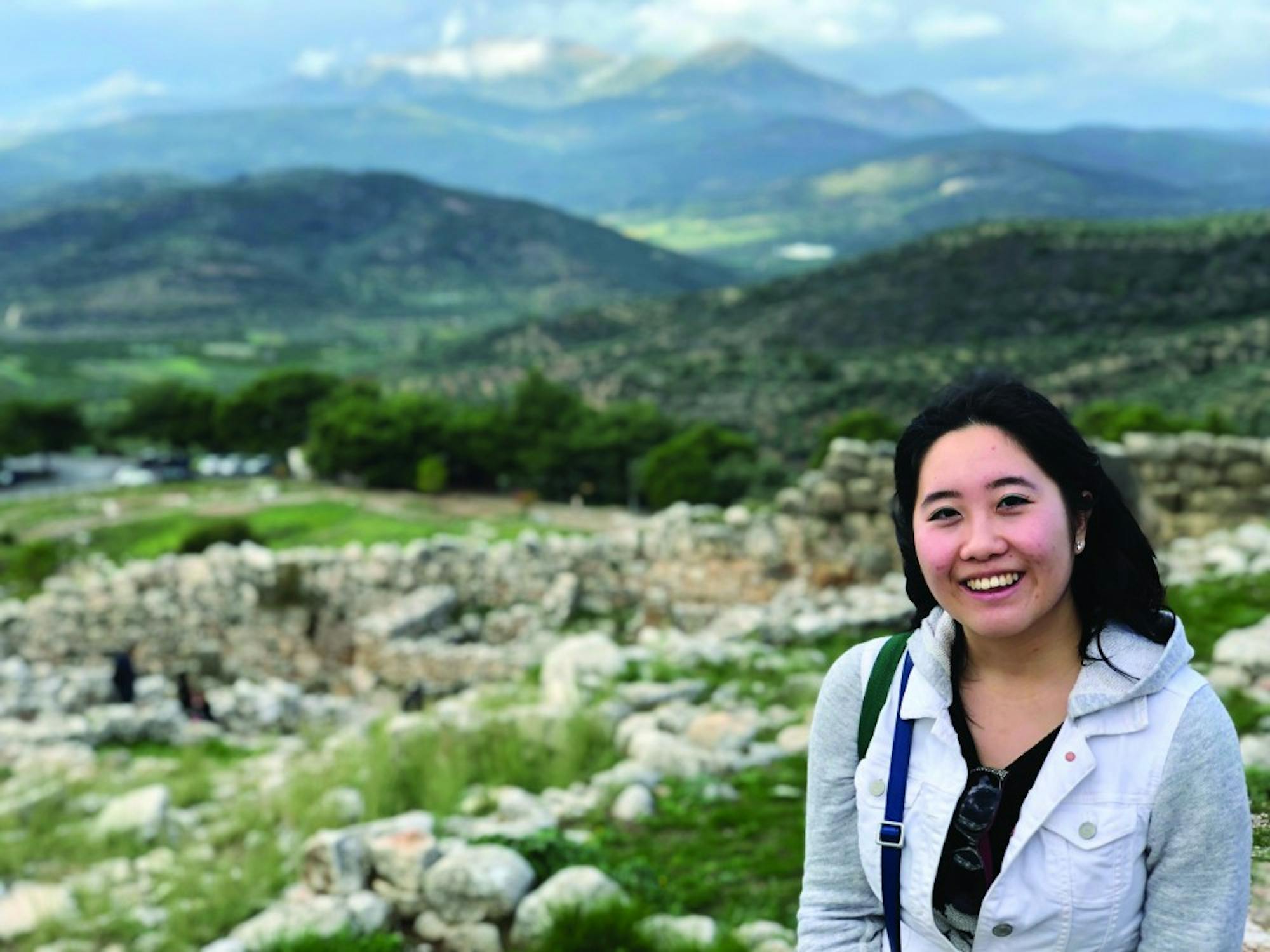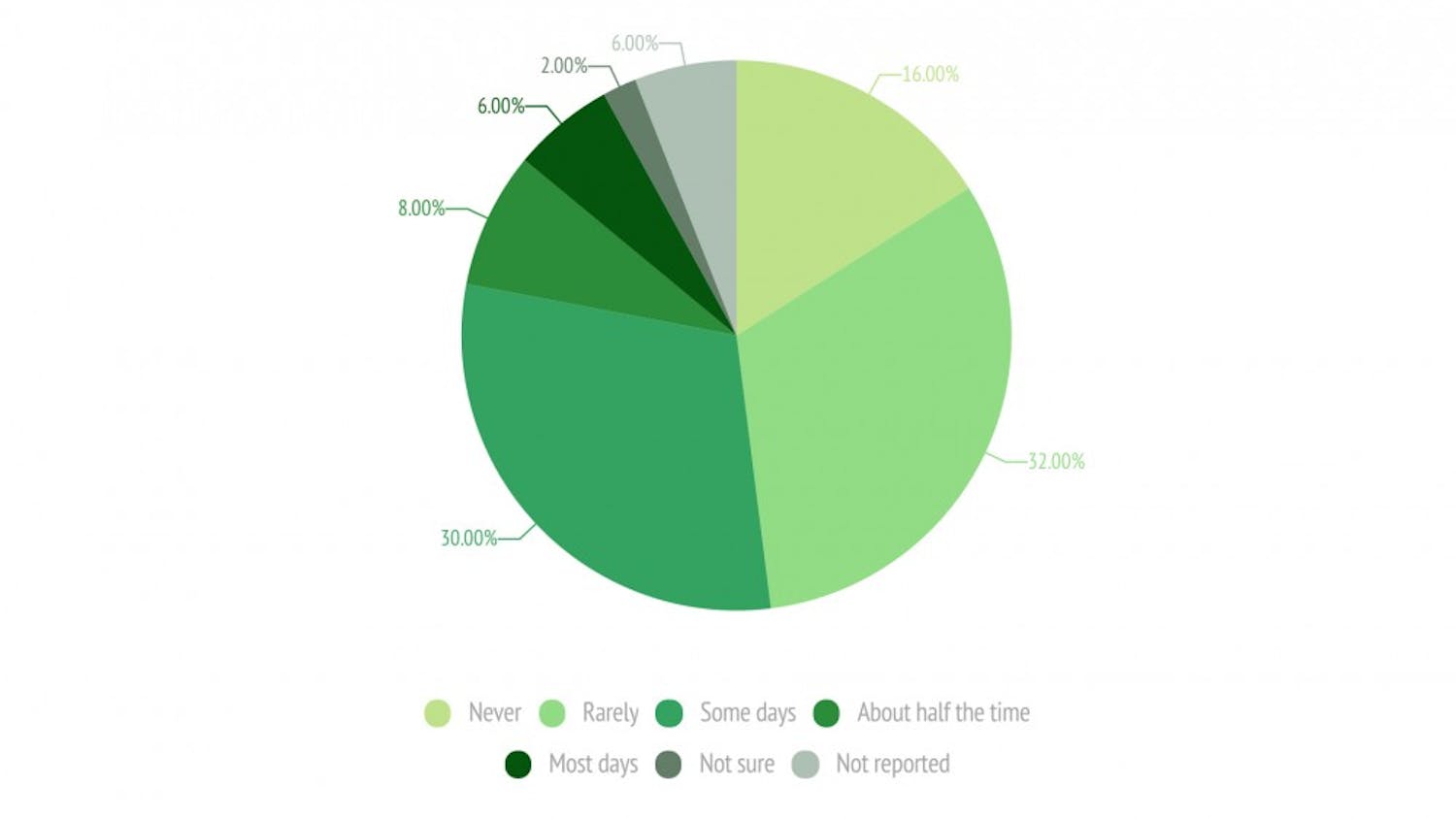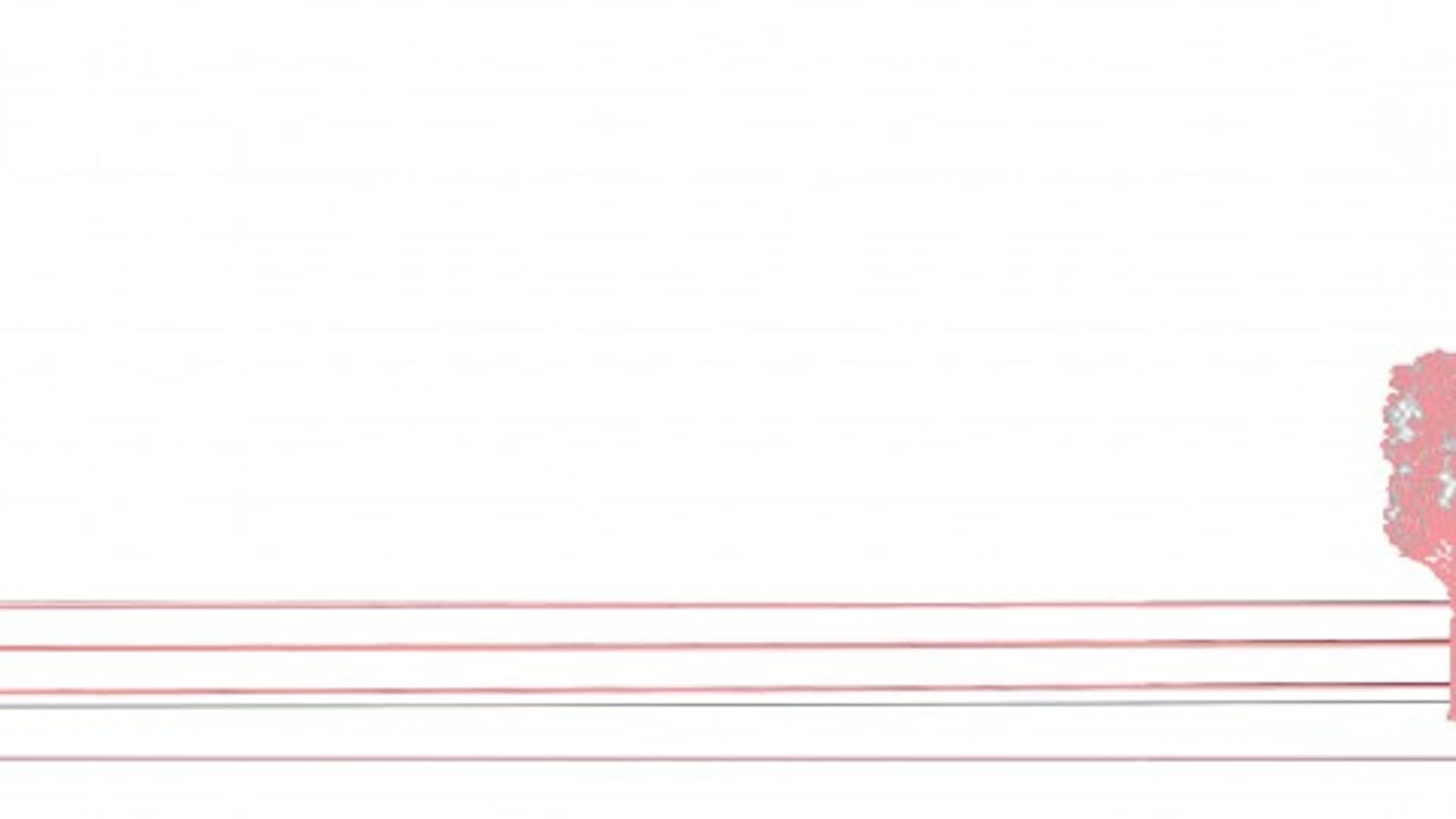I have a habit that often annoys my friends. Before watching a movie or starting a TV series, I have to read the Wikipedia plot summary first so I know the ending. I try to do the same with books if there is a plot summary available online. One could call this a bad habit, but I never saw anything wrong with it. This practice maximizes my enjoyment of media because I can watch or read things without having to be stressed about whether my favorite character would die. Suspense has never been my cup of tea.
My need to know the ending has been a recurring theme in my life. I have always been a very goal-driven individual who loves to categorize her life in terms of which goal she is in the midst of achieving. I feel more secure if I establish a finish line for myself and strive toward that finish line. Sometimes my goals are larger and more long-term, such as graduating college (still currently a goal that I will not consider checked off until I physically hold my degree in two weeks). Other goals can seem more trivial and insignificant — trying to wake up every morning before 10 a.m. this term, for example (I have only failed at this a few times). Regardless of the scope or difficulty of a goal, I have always structured my life around meticulously creating checkboxes and ticking them off one by one. The end result has always been what matters most — but my philosophy now appears to be shifting.
Over the past few weeks, as graduation looms near, many friends have asked me how I feel about leaving Dartmouth. These questions, asked over and over, have prompted me to pause in my 100-mile sprint through college and begin to think more carefully about my four years at Dartmouth. This column has also given me the opportunity to actually write down some of my musings as they have occurred to me over the past weeks.
Spring is thesis season, and during the past several days I have attended numerous friends’ thesis defenses and listened to the research they have devoted their lives to for the past year. Watching my friends speak so passionately about their work has reminded me that I am surrounded by incredibly smart, talented and driven people here. I continue to be amazed at the accomplishments of each and every one of my classmates. At Dartmouth, we often hear people complain about the intensity and amount of work they have, more so than the actual content of their work. The senior thesis presentations allowed me to witness the richness of my peers’ academic accomplishments and inspired me to inspect my own prior academic checkboxes.
By the time I graduate in two weeks, I will have taken 35 classes in college, meaning I’ve completed dozens, if not hundreds, of exams and papers. I rarely, if ever, revisit my old papers and exams once they are turned in, but my experience with the senior thesis presentations inspired me to take a walk down memory lane. A few days ago, I reopened several Word files on my computer and read over my old papers, allowing myself to revisit the material I have learned in my classes over the past years. Looking back on the subjects I have learned and the knowledge I have amassed has been incredibly fulfilling — different from the kind of satisfaction I feel when I turn in a paper and exam, and perhaps even more meaningful. The checkboxes have long been ticked off, but only now have I had the chance to really look carefully at the products of those checkboxes.
Many of my favorite memories from college come from experiences that I never really considered checkboxes. I have taken almost 10 different PE classes, ranging from ice skating to kickboxing. This term, I made a giant teapot in the ceramics studio. I have gone canoeing on the Connecticut River and learned how to unicycle. These are things that I have done on a whim but have given me some of my fondest Dartmouth memories.
Some people say college is the best four years of your life. I have not lived long enough to ascertain whether or not that is true, but this view of college may arise from the fact that college is a time and place of extensive availability. In college, you have access to fun events, cool speakers, the gym, the library — everything is at your fingertips if you just walk out of your dorm. Meanwhile, in the “real world,” we will have to be much more intentional with our time. We will have to really pick and choose what we want to do and when we want to do it. No more walking five minutes to the gym to take a Zumba class or going to the Hopkins Center for the Arts to hear a presidential candidate speak. When I enter the real world after graduation, time and resource constraints mean I will not be able to have as many checkboxes as I do now. What I will have, however, is the time to be more intentional about each checkbox.
A common piece of advice given to freshmen is, “It’s okay to not know what you want to do.” While I wholeheartedly agree with this, I want to say that while it’s okay to not know what you want to do, it’s also okay to know what you want to do. There is nothing wrong with having concrete goals and checkboxes in life and enjoying the feeling of ticking them off one by one. However, if you are a box-checker like me, I invite you to join me in my little reflection exercise: I am now experimenting with slowing down and taking the time to reflect on what each checkbox means to me while savoring the process that I underwent to achieve each checkbox goal. My hope is that these reflections will help me be more intentional with my time as I close one chapter of my life and begin another. And maybe, just maybe, when I watch my next movie or read my next book, I will try to stay away from Wikipedia.
Sonia Qin '19 is a former news managing editor of The Dartmouth.
Sonia is a junior from Ottawa, Canada. (That is the mysterious Canadian capital that no one seems to ever have heard of.) She is a double major in Economics and Government, with a minor in French. She decided to join The D’s news team in her freshman fall because of her love of writing, talking to people, getting the most up-to-date news on campus, and having a large community of fellow students to share these interests with.




